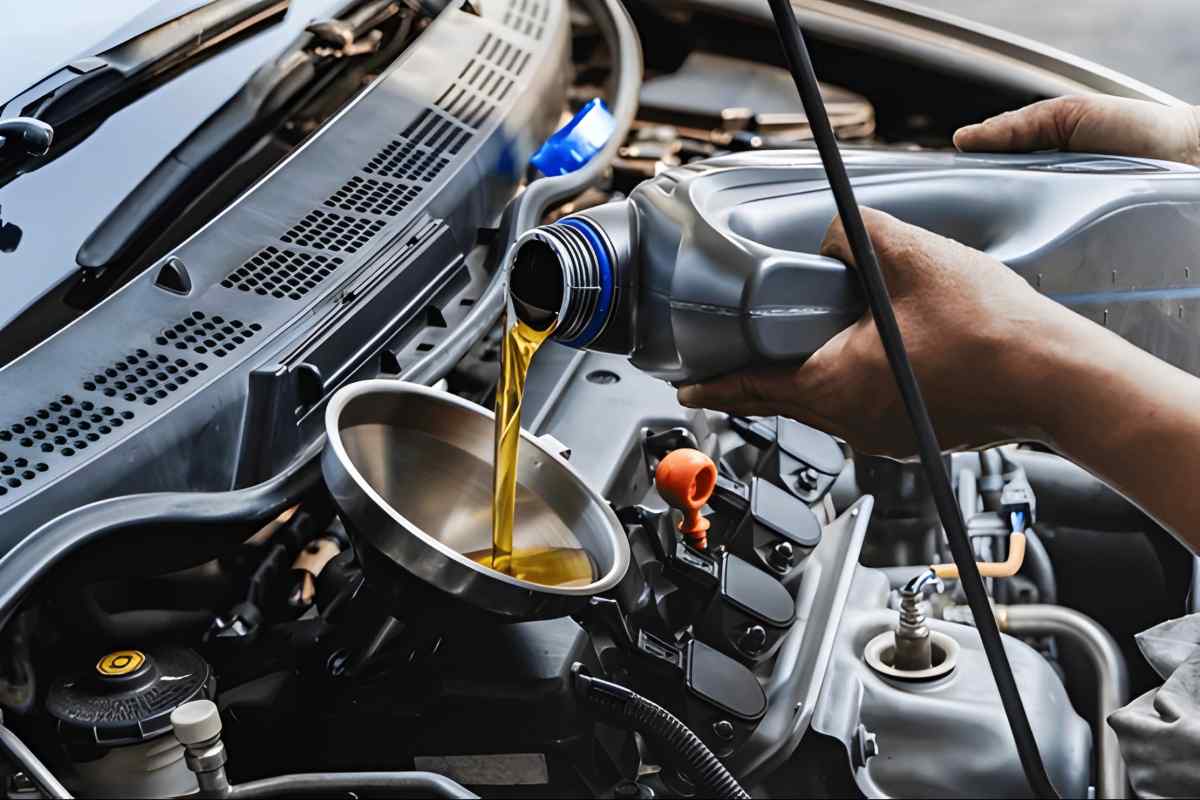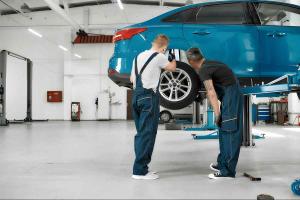U.S. Housing Index and Sector Shifts: Construction vs. Autos in Cooling Market
U.S. housing market cools as construction outpaces autos, revealing key sector shifts and economic signals in the latest housing index report.
GRAND RAPIDS, MI, UNITED STATES, October 13, 2025 /EINPresswire.com/ -- Shifts across the U.S. economy continue to highlight the interconnected nature of the housing and automotive sectors. Recent patterns in the U.S. Housing Index Trends and the U.S. House Price Index suggest a cooling residential market. As construction slows, observers are turning to the U.S. Auto Industry Outlook to better understand how households are adjusting their spending priorities and where service-related businesses are positioning themselves in the evolving landscape.Cooling in the U.S. Housing Market
The U.S. Housing Market has faced steady moderation through 2025, with the U.S. House Price Index showing slower growth after several years of rapid increases. Rising interest rates, tighter credit conditions, and shifting migration patterns are reshaping demand. Analysts note that while the market is not experiencing the same declines seen during previous recessions, the pace of expansion is markedly slower than in 2021–2022. Builders are scaling back new projects, and the construction sector is preparing for a period of adjustment.
Such cooling trends have broader implications. Housing has historically been a leading indicator of economic cycles, often influencing consumer confidence and household spending. As real estate activity moderates, families and individuals may redirect their financial focus toward maintaining vehicles and ensuring affordable transportation options.
U.S. Housing and Auto Market Comparison
A comparative view of the housing and auto markets underscores the unique role each sector plays in household decision-making. While home purchases are influenced heavily by credit markets and long-term economic expectations, vehicle maintenance and repair are more immediate needs tied directly to mobility and day-to-day living.
The U.S. Housing and Auto Market Comparison highlights that even when real estate slows, automotive demand remains steady in service-based areas. For example, families may delay upgrading to new homes, but cannot delay essential car maintenance. This is where service providers, such as a local car repair shop, become increasingly important.
U.S. Auto Industry Outlook in a Shifting Economy
The U.S. Auto Industry Outlook reflects cautious optimism. While vehicle sales have slowed somewhat in line with broader economic cooling, service and repair sectors have remained resilient. Aging vehicles, supply chain challenges for new car inventories, and the emphasis on cost-effective ownership have encouraged many consumers to focus on affordable auto repair services rather than new purchases.
Industry analysts suggest that demand for maintenance will continue to be a stabilizing force within the sector. From routine oil changes to tire rotations, local service providers are central to keeping vehicles on the road. These trends reflect a durable segment of the economy that balances against the volatility of construction and housing markets.
Sector Shifts and Local Impacts
Communities across the U.S. are seeing these national economic shifts expressed at the local level. In areas where construction has slowed, automotive repair and customization centers remain active. The ability to maintain existing vehicles is a vital economic necessity for households that may be cautious about larger investments such as property or new vehicles.
Businesses that operate in this service-driven space are positioned as steady players within the broader economic cycle. By focusing on maintaining affordability and accessibility, local providers continue to meet essential consumer needs, even as other sectors cool.
Broader Economic Implications
The relationship between the housing and automotive industries also sheds light on consumer resilience. During times of cooling real estate markets, discretionary household spending often becomes more conservative. However, transportation is a non-negotiable requirement for most American households. Whether commuting to work, transporting children, or meeting personal obligations, the need for reliable vehicles remains constant.
This duality between optional and essential spending explains why service-based automotive businesses show steadier demand. The slowdown in the housing market does not eliminate the requirement for mobility; instead, it often amplifies the importance of affordable auto repair services as families seek to maximize the value of their existing vehicles. This creates a balancing effect across the two sectors, ensuring that while one slows, the other provides stability in household budgets.
Long-Term View of Sector Adjustments
Looking ahead, the interplay between the U.S. Housing Market and the automotive service sector will continue to evolve. Housing cycles may eventually rebound, but the automotive service industry demonstrates an enduring relevance tied directly to the daily lives of consumers. In this context, the U.S. Housing Index Trends and U.S. Auto Industry Outlook become valuable tools for policymakers, analysts, and businesses alike, offering insights into how American households adapt to changing economic realities.
Even as technology reshapes both industries, through energy-efficient housing and electric vehicles, the underlying connection remains: when large-scale investments are postponed, smaller-scale but essential expenditures become focal points. Automotive repair and maintenance exemplify this shift, showing how resilient services emerge during economic transitions.
About 616 Auto Repair
616 Auto Repair is a full-service auto repair shop and vehicle customization center located in Grand Rapids, Michigan. The company offers a wide range of services, including oil changes, brake repairs, engine diagnostics, and tire rotations. With a focus on transparency and technical reliability, the team supports drivers in maintaining their vehicles and extending their useful life. As a local car repair shop, 616 Auto Repair reflects the broader role of service-based businesses in meeting community transportation needs, especially during shifts in the housing and automotive markets.
Ricardo Navarrete-Mendez
616 Auto Repair
+1 (616) 888-8222
rtrautocare@gmail.com
Visit us on social media:
LinkedIn
Facebook
X
Other
Legal Disclaimer:
EIN Presswire provides this news content "as is" without warranty of any kind. We do not accept any responsibility or liability for the accuracy, content, images, videos, licenses, completeness, legality, or reliability of the information contained in this article. If you have any complaints or copyright issues related to this article, kindly contact the author above.





